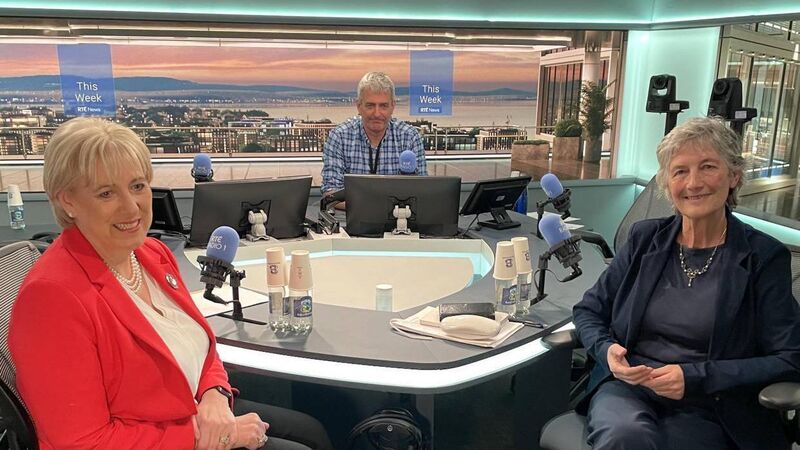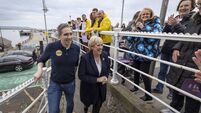Leadership X-ray? Why presidential debates reveal less than you think

Presidential candidates Heather Humphreys (left) and Catherine Connolly (right) with RTE presenter David McCullagh ahead of their debate on RTE Radio One on Sunday, October 12. Final debates don’t measure attributes like empathy or moral authority, but observant voters can still spot hidden character clues — easier in a two-horse race.
Presidential debates deliver gripping drama. But do these contrived performances really reveal leadership capability?
While debates set agendas and increase familiarity, they’re poor auditions for Áras an Uachtaráin. They’re more political theatre with slick soundbites and polished performances than reliable assessment tools. No wonder long-term interest has dampened, with 18% of Irish voters now undecided.
















